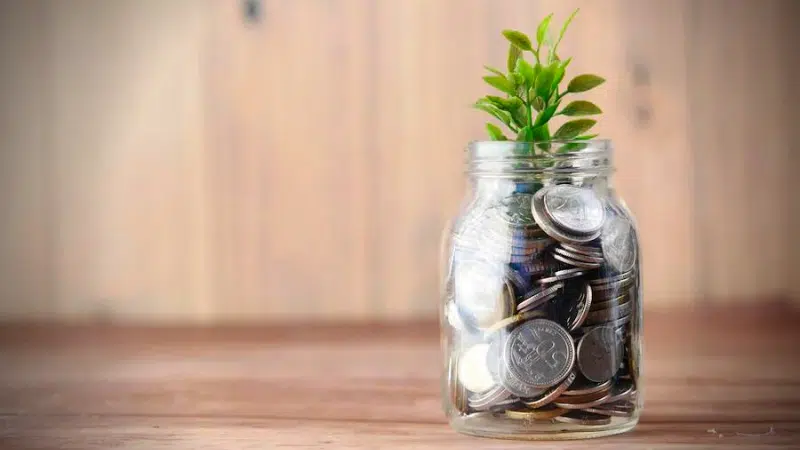In today’s DIY music environment, there are plenty of opportunities for self-directing and taking control of your distribution, fan promotion, social marketing, tour booking and everything in between. But one thing most DIY artists don’t focus on enough is managing finances and funding. There are many ways to do it yourself and in this post, Janette Berrios explains some methods you may not have tried yet along with some tips on what to avoid. Let’s dive in…
Alternative Ways To Fund Your Music Career in the DIY Age
The New Age of DIY
The music business has more than enough examples of artists signing bad advance deals or getting in bed with shady business managers. This is because artists historically have had few financial resources available to them. Now more than ever, artists of all levels have access to all the information and tools you need without the need for a saving grace from major label advances. The age of DIY distribution is at its height, and we’re happy to see so many taking advantage of this new found independent success.
Crowdfunding
Crowdfunding services like Kickstarter, Patreon, PledgeMusic and others have emerged to disrupt this landscape, allowing artists to ask fans to help fund their projects. While certainly a valid tactic, the downside to crowdfunding is that you’re tapping into your future earnings, leaving less profit to enjoy once your new album comes out or tour kicks off.
Investors
More recently, we’re seeing more investors from outside the music industry enter the market. Some are institutional investors, like the Blackstone private equity group that acquired SESAC. Others are private investors pursing the same strategy, but doing so through individual deals with specific artists.
A handful of companies have emerged to connect artists with private investors for this purpose. Our friends over at Royalty Exchange are a great one. With them, we put artists with a history of royalty earnings “in the room” with thousands of private investors interested in either buying a portion of your royalty stream or providing loans backed by royalty payments.
These investors have different motivations than labels and publishers, and therefore offer greater flexibility in terms. Unlike publishers only interested in 100% of your royalty interest, private investors are content with buying only a percentage of your royalties.
What does this mean? — This gives you a lump sum of royalty payments up front (say, 3 – 6 years) while keeping all copyright control AND continued monthly payments for the portion of your royalties that you retained.
- This also allows you to leverage your older work to pay for newer projects. Selling a share of royalty from an older project that’s past its revenue-earning prime allows you to fund a new product with greater immediate revenue potential while protecting future earnings.
Grants
Many organizations, foundations and government agencies offer grants to support artists and musicians. You can research and apply for grants that align with your music genre and goals.
Sponsorship and Endorsement Deals
You can partner with brands or companies that share your values or target audience and negotiate sponsorships or endorsement deals. This can include getting paid to feature a brand’s products in your music videos or live shows.
(We wrote a whole piece on how to contact brands for sponsorships right here if you need some tips.)
Licensing Your Music
You can earn money by licensing your music for use in commercials, movies, TV shows and other media. There are several music licensing agencies that can help you find opportunities to license your music.
If you need a touch up on licensing your music, the video below has some basics to get the ball rolling…
Merch Sales
Selling merchandise such as t-shirts, hats, and other items can provide a steady stream of income for your music career. You can also sell digital downloads of your music or offer physical copies of your albums for sale.
Performing and Touring
Performing live shows and going on tour can be a great way to earn money as a musician. You can sell tickets to your shows, merchandise and even offer VIP experiences for your fans.
Teaching
One of the most personally rewarding side hustles I’ve seen for musicians is teaching others. You get to keep working on your craft while sharing your skills with the next generation of artists looking to make it just like you. If this sounds like something you’d be good at, a great resource for this is Sidetrain. With it, all you have to do is sign up, create a profile, fill out your profile and become a mentor. The best part is you get to choose what hours you want to have available to teach and how much you want to charge per 15-minute, 30-minute and/or 60-minute sessions. You’ve got skills, why not share them?
To wrap it all up…
Artists ability to access private investors in this way will only further disrupt the traditional music financing system and offer DIY artists more options to fund their careers than ever before.
In the meantime, sharpen your skills even further with these helpful money making resources below.
- 11 Ways Musicians Can Make More Money in 2023
- 8 Things Musicians Should Be Investing Money In
- Independent Funding Services with Symphonic
- Everything You Need To Know About The TikTok Creator Fund
Good luck!



